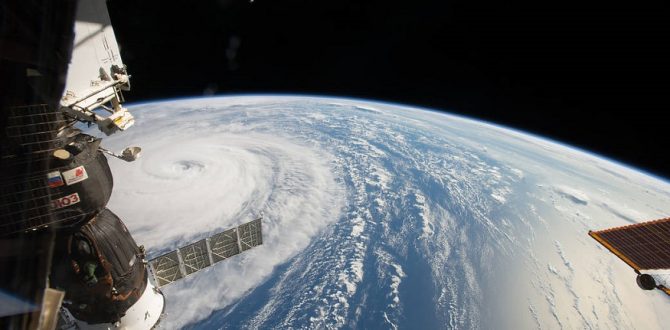Also Read: Google Home, Home Mini Launched Starting For Rs 4,999
They used a process known as supervised deep learning to build an AI capable of correctly picking out gravitational wave signals buried in noise from thousands of simulated datasets which they created. Currently, gravitational wave signals are picked from the background noise of the detectors using a technique known as matched filtering, which measures the outputs from the detectors against a bank of template waveforms. Signals which match the shape of a template waveform are then examined more closely to determine whether they represent a genuine gravitational wave detection. However, the process requires a great deal of computing power, said astrophysicist Christopher Messenger, who led the study published in the journal Physical Review Letters.
Also Read: Top 5 Budget Android Smartphones to Buy Under Rs 15,000
“Deep learning algorithms involve stacked arrays of processing units, which we call neurons, which act as filters for the input data,” said Hunter Gabbard from the University of Glasgow. “What makes this process faster and more efficient than matched-filtering is that the training set is where all the computationally intensive activity occurs. “Once the deep learning algorithm learns what to look for in a signal, it has the potential to be orders of magnitude faster than other methods,” said Gabbard.
Watch: Motorola Polaroid Insta-Share Printer Moto Mod | First Look
Also Watch
-
 Golden Start For India: Mirabai Chanu’s Reaction After Winning First Gold
Golden Start For India: Mirabai Chanu’s Reaction After Winning First Gold
-
 Friday 06 April , 2018
Friday 06 April , 2018
Blackmail Review: Is This Black Comedy Worth The Hype?
-
 Friday 06 April , 2018
Friday 06 April , 2018
Top Five Cars at New York Auto Show 2018
-
 Wednesday 04 April , 2018
Wednesday 04 April , 2018
YouTube Attack : Four Injured In Shooting At Company Headquarters
-
 Wednesday 04 April , 2018
Wednesday 04 April , 2018
Why CBSE Decided Against Class X Re-Examination


Blackmail Review: Is This Black Comedy Worth The Hype?

Top Five Cars at New York Auto Show 2018

YouTube Attack : Four Injured In Shooting At Company Headquarters

Why CBSE Decided Against Class X Re-Examination






